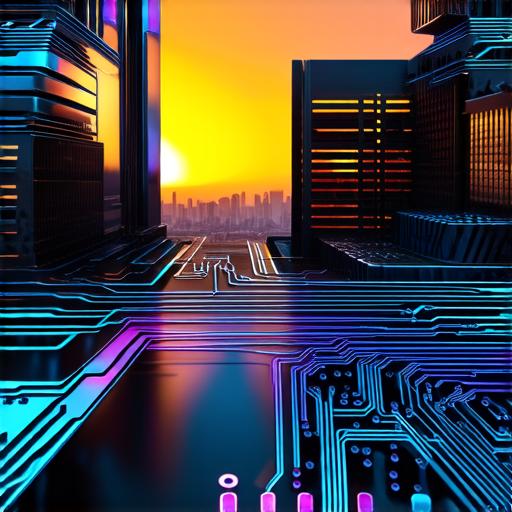What is Automation?
Automation refers to the use of machines or computer programs to perform tasks that were previously done by humans. This technology has been around for decades and is used in a wide range of industries, from manufacturing to healthcare.
In recent years, automation has become more sophisticated, with the rise of artificial intelligence (AI) and machine learning.
The Rise of Automation in Software Development
As software development becomes increasingly complex, there is a growing trend towards automation. This includes using tools and platforms to streamline certain tasks, such as testing and debugging, as well as relying more heavily on AI and machine learning for tasks like data analysis and predictive modeling.
In some cases, automation can save time and reduce errors, making software development more efficient and cost-effective. However, this also raises questions about the future of software developers.
The Future of Software Developers
It is difficult to predict with certainty what the future holds for software developers. However, it is likely that this field will continue to evolve and change in response to new technologies and innovations.
One potential scenario is that machines will take over some of the tasks currently performed by humans, but this will not necessarily mean the end of software development as we know it. Instead, software developers may need to focus on more complex and strategic tasks, such as designing systems that can work alongside machines or developing new technologies that augment human capabilities.
Another possibility is that the demand for software developers will increase in certain areas, such as cybersecurity or data science. In these fields, there will be a growing need for professionals who can build and maintain complex systems that are critical to protecting sensitive data and ensuring the security of networks.
Case Studies: How Software Developers Are Adapting to Automation
There are already many examples of how software developers are adapting to automation. For example, some companies are using automation tools to streamline certain tasks in their development process, freeing up more time for software engineers to focus on more strategic tasks.
In other cases, software developers are leveraging automation to improve the quality and efficiency of their code. This can involve using automated testing tools or relying on machine learning algorithms to analyze data and identify patterns that might be difficult for humans to detect.
The Role of Education and Training
One of the biggest challenges facing software developers today is keeping up with the rapid pace of technological change. As new technologies emerge, it can be difficult for professionals to acquire the skills they need to remain competitive in their field.
To address this challenge, many organizations are investing in education and training programs that help software developers stay up-to-date with the latest technologies and best practices. This includes everything from online courses and tutorials to immersive bootcamps and apprenticeships.
In addition to technical skills, software developers also need to be adaptable and resilient in the face of change. This means being willing to learn new things and take on new challenges as technology continues to evolve.
Summary: The Future of Software Developers is Uncertain

It is impossible to predict with certainty what the future holds for software developers.